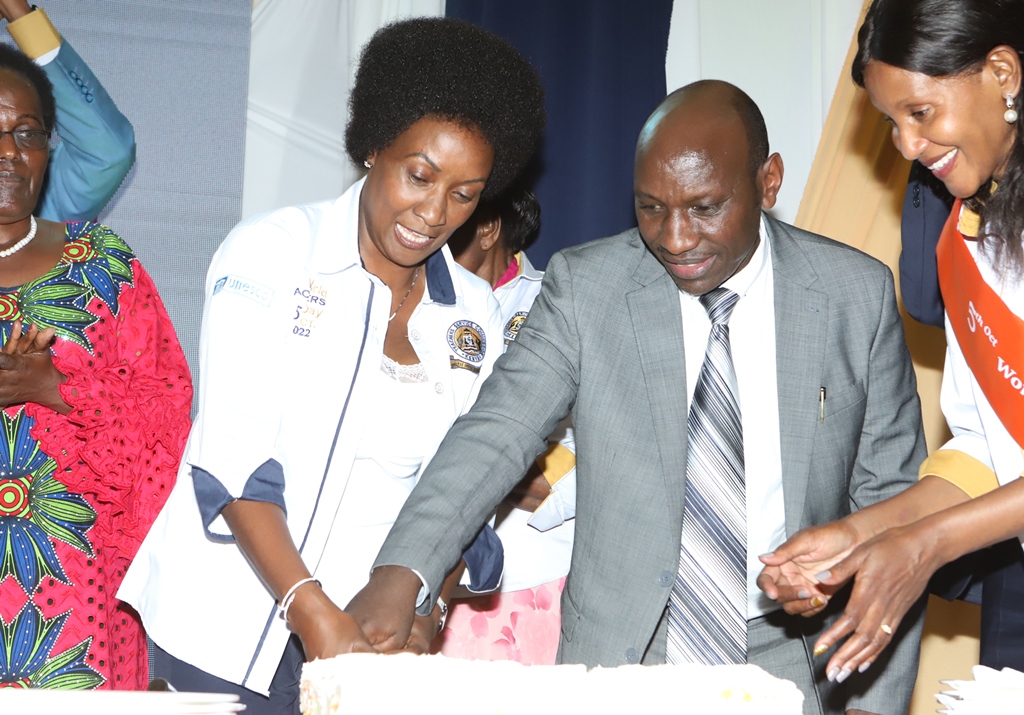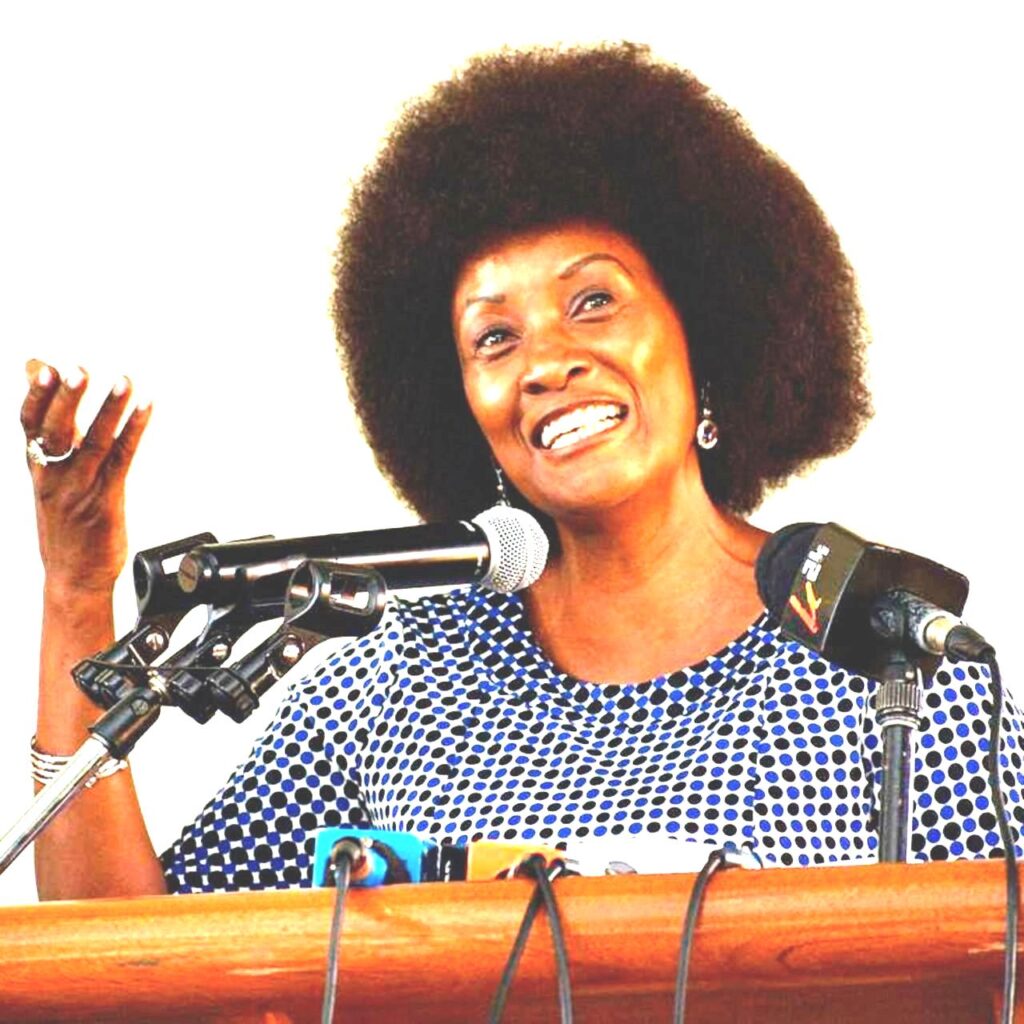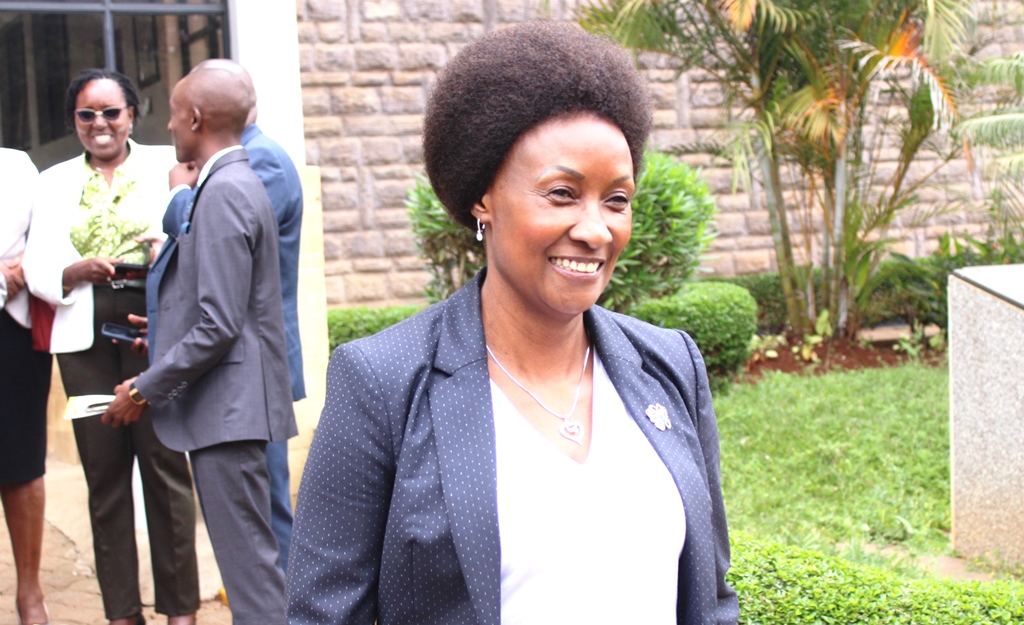Dr. Nancy Macharia’s tenure as Chief Executive Officer of the Teachers Service Commission (TSC) has been anything but uneventful. Over the years, her leadership has been defined by bold reforms, notable achievements, and persistent controversies—leaving behind a legacy that is as complex as it is consequential.
As we reflect on her time at the helm, a balanced perspective is crucial, acknowledging both the strides made and the challenges that continue to cast a shadow. One of the most notable achievements under Dr. Macharia’s leadership has been the aggressive implementation of teacher recruitment drives.

Faced with a perennial shortage, the TSC, under her guidance, oversaw the employment of a significant number of teachers, particularly in the wake of the Competency-Based Curriculum (CBC) rollout. This proactive approach has undeniably eased the burden on existing teaching staff and brought much-needed personnel to classrooms nationwide, especially in underserved areas.
The commitment to digital teacher registration and the streamlining of promotion processes, at least on paper, also point towards an effort to enhance efficiency and transparency within the Commission. Furthermore, Dr. Macharia championed the professional development of teachers through various training programs.
ALSO READ:
Though contentious in its implementation, the introduction of Teacher Professional Development (TPD) modules aimed to equip educators with the skills necessary to navigate the demands of the new curriculum and evolving pedagogical approaches.
The intention behind continuous learning is laudable, as it recognises that a dynamic education system requires a constantly upskilled workforce. However, Dr. Macharia’s tenure has not been without its fair share of turbulence. The relationship between the TSC and teachers’ unions has often been strained, marked by protracted disputes over salaries, promotions, and working conditions.
Implementing performance appraisals and the subsequent promotions based on these evaluations have been a constant source of friction, with unions expressing concerns about fairness and transparency. The perceived lack of adequate consultation on key policy changes has further fueled these tensions, creating an environment of mistrust.
While a national policy, the rollout of the CBC has also presented challenges under Dr. Macharia’s leadership. Teachers have voiced concerns about inadequate training, insufficient resources, and the sheer workload associated with the new curriculum.
ALSO READ:
Petition requiring TSC to stop unlawful deductions to KUSNET rejected by Parliament
While the TSC has made efforts to address these issues, the persistent cries for more support suggest that gaps remain, impacting the smooth implementation of a system designed to revolutionise learning. Moreover, handling disciplinary cases and transfers has occasionally drawn criticism, with accusations of inconsistencies and a lack of clear communication.
For teachers in far-flung regions like Tana River County, issues of equitable resource distribution and fair treatment are particularly pertinent. The perception of bias or unfairness can significantly impact morale and service delivery. In conclusion, Dr. Nancy Macharia’s legacy at the TSC is a complex tapestry woven with threads of progress and persistent challenges.

Her commitment to increasing the teaching workforce and emphasising professional development is a commendable achievement that has positively impacted the education sector. However, the ongoing friction with teachers’ unions, the hurdles in CBC implementation, and concerns regarding fairness in administrative processes cannot be ignored. As Dr. Macharia’s tenure draws to a close or as we reflect on her impact, it is imperative to acknowledge the multifaceted nature of her leadership.
A truly impactful legacy is not solely defined by the initiatives undertaken but also by the extent to which these initiatives are embraced and supported by the very people they are meant to serve – the teachers.
Moving forward, it is hoped that the lessons learned during her time will pave the way for a more collaborative and inclusive approach to managing the teaching profession in Kenya, ultimately benefiting the most important stakeholders: our students.
By Newton Maneno
Teacher, Tana River County
You can also follow our social media pages on Twitter: Education News KE and Facebook: Education News Newspaper for timely updates.
>>> Click here to stay up-to-date with trending regional stories
>>> Click here to read more informed opinions on the country’s education landscape






